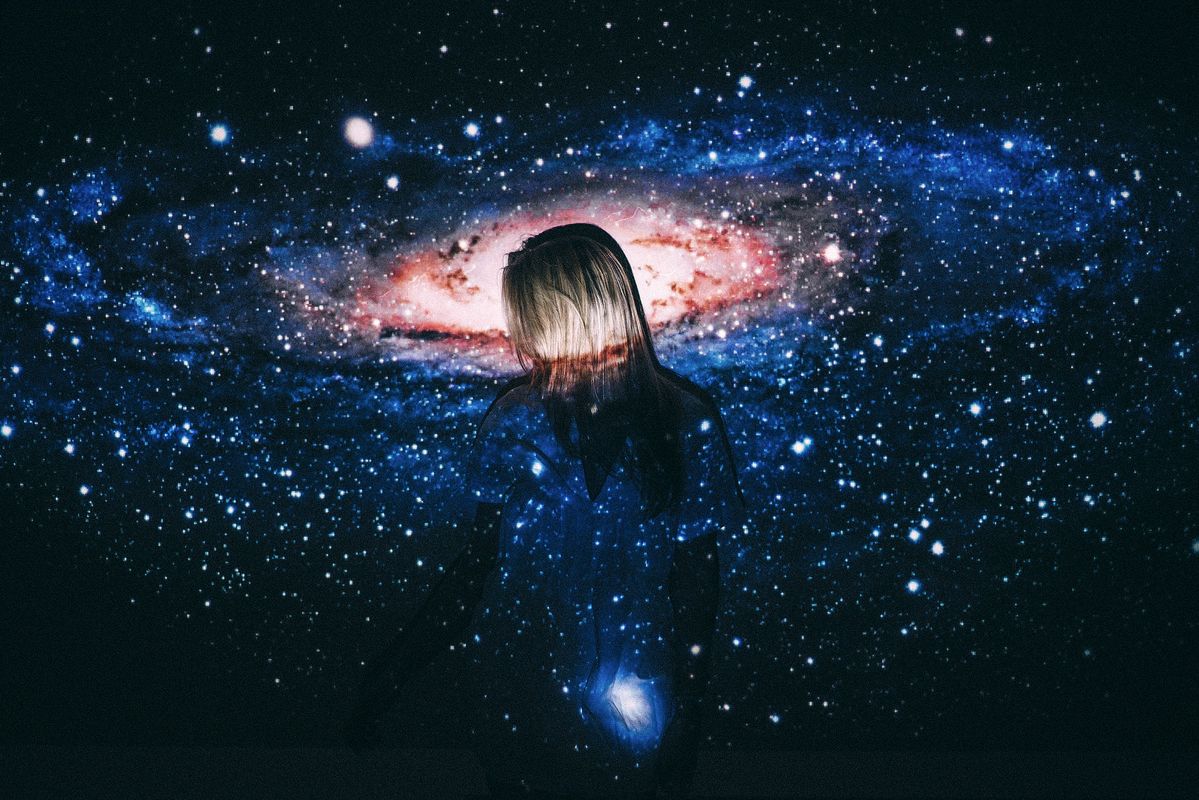Breath of Creation

"Man is not merely a figure risen from dust, but a traveler of consciousness, choice, and trust — and if he learns to recognize himself, he can illuminate the earth." — Dr. Shakira Nandini
In the vastness of the cosmos, the question of man’s place has always lingered. Who is he, where has he come from, and what is the purpose of his existence? In response to such questions, ancient scriptures, philosophers, and mystics have echoed a shared spiritual truth: that man is not just a figure of clay, but a sentient trustee. A being sent to this earth with intention and purpose.
Before the dawn of creation, there was no earth, no sky, no rhythmic fall of rain, no green pastures, and no rivers that today symbolize life. Then, some unseen force laid out the earth as a resting place and the sky as a canopy. Rain was sent as a mercy, and through it came the fruits of sustenance so that life could flourish.
Yet man, though a part of this universe, was given a special place among all that exists. Not only does he benefit from these creations, but he is entrusted with the responsibility to preserve their harmony and order. This duty is embedded in his consciousness, intellect, and actions.
But it is the same man who, seated on the throne of doubt and arrogance, challenges the unseen Creator. He asks: “If this is indeed a divine work, why can I not create something similar?” At this point, he is reminded that if he doubts, he should attempt to replicate such a discourse — and when he inevitably fails, he must come to terms with the limits of his understanding.
The origins of creation, the depth of human essence, and the complex order of the universe — none of these are signs of random chance. They all point toward an aware and purposeful source. A source that governs not through material force alone but by spiritual principles.
And when it comes to appointing man as a vicegerent on earth, a profound dialogue unfolds: even luminous beings like angels question if a creature capable of corruption and bloodshed truly deserves such a role. Yet the response is simple: “I know what you do not know.” It is here that man’s status is revealed — he possesses knowledge, insight, will, and most importantly, the power to choose.
This power of choice is his trial. If he wills, he can turn this world into paradise, and if he deviates, into a wasteland. But the power he holds is rooted in a higher responsibility. His vicegerency is a trust — not a throne.
From these spiritual reflections emerges a profound message: O human, recognize your origin, purify the earth from chaos, harmonize with nature, and make your existence meaningful through the union of knowledge and action.
Like 0 Pin it 0


